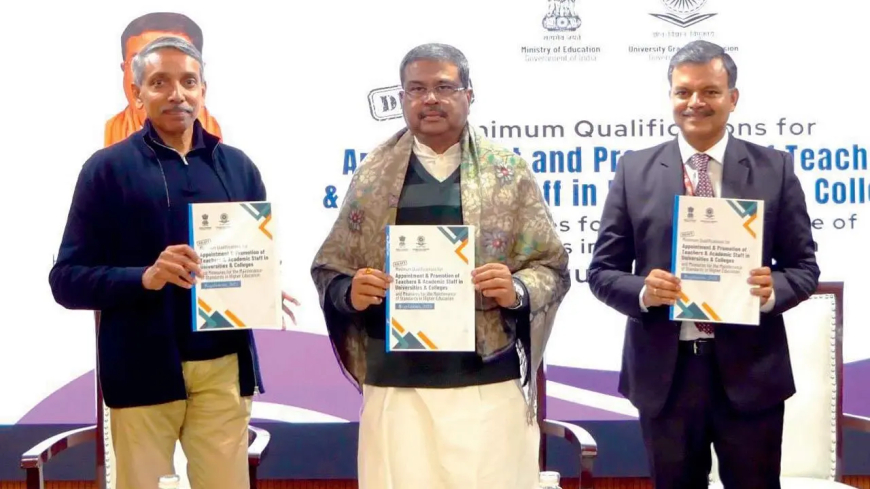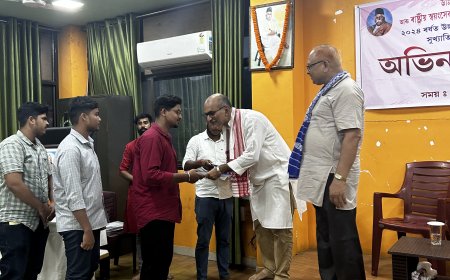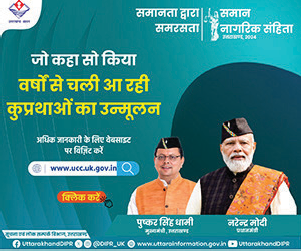India: In a move aimed at modernizing faculty recruitment and university governance, the University Grants Commission (UGC) has released new draft guidelines that align with the National Education Policy (NEP) 2020. Key among the proposed changes is the removal of the National Eligibility Test (NET) as a mandatory requirement for hiring assistant professors, marking a significant shift in higher education hiring practices.
The draft guidelines introduce flexibility in eligibility criteria and seek to focus more on teaching proficiency, subject knowledge, and ongoing professional development rather than just a single exam. According to Dr. A D Sawant, former pro-Vice Chancellor of Mumbai University, the removal of the NET requirement doesn't have much impact as long as a transparent recruitment system is followed.
Another significant change is the proposed empowerment of state governors, who, as chancellors of state universities, would gain more influence over the appointment of vice-chancellors (VCs). The new guidelines open up VC appointments to senior administrators, public sector veterans, and industry experts, moving away from the tradition of limiting the role to career academics.
While many welcomed these changes, some experts have expressed concerns about the increased power of governors. A former Mumbai University VC warned that giving one individual excessive control could lead to conflicts and political interference. Additionally, there is debate about the transparency of VC appointment processes, particularly in Maharashtra.
Dr. Subhash Athavale, General Secretary of the Mumbai University College Teachers Association (MUCTA), lauded the removal of the NET requirement but suggested further reforms like teaching demonstrations to assess candidates more holistically.
With these bold reforms, the UGC aims to strengthen the quality of education in India and make hiring practices more inclusive and adaptable to modern needs. However, how these guidelines are implemented remains to be seen.




 Previous
Article
Previous
Article











